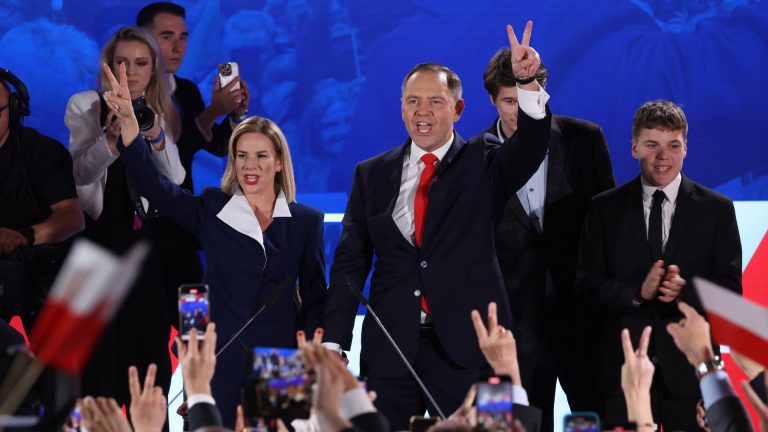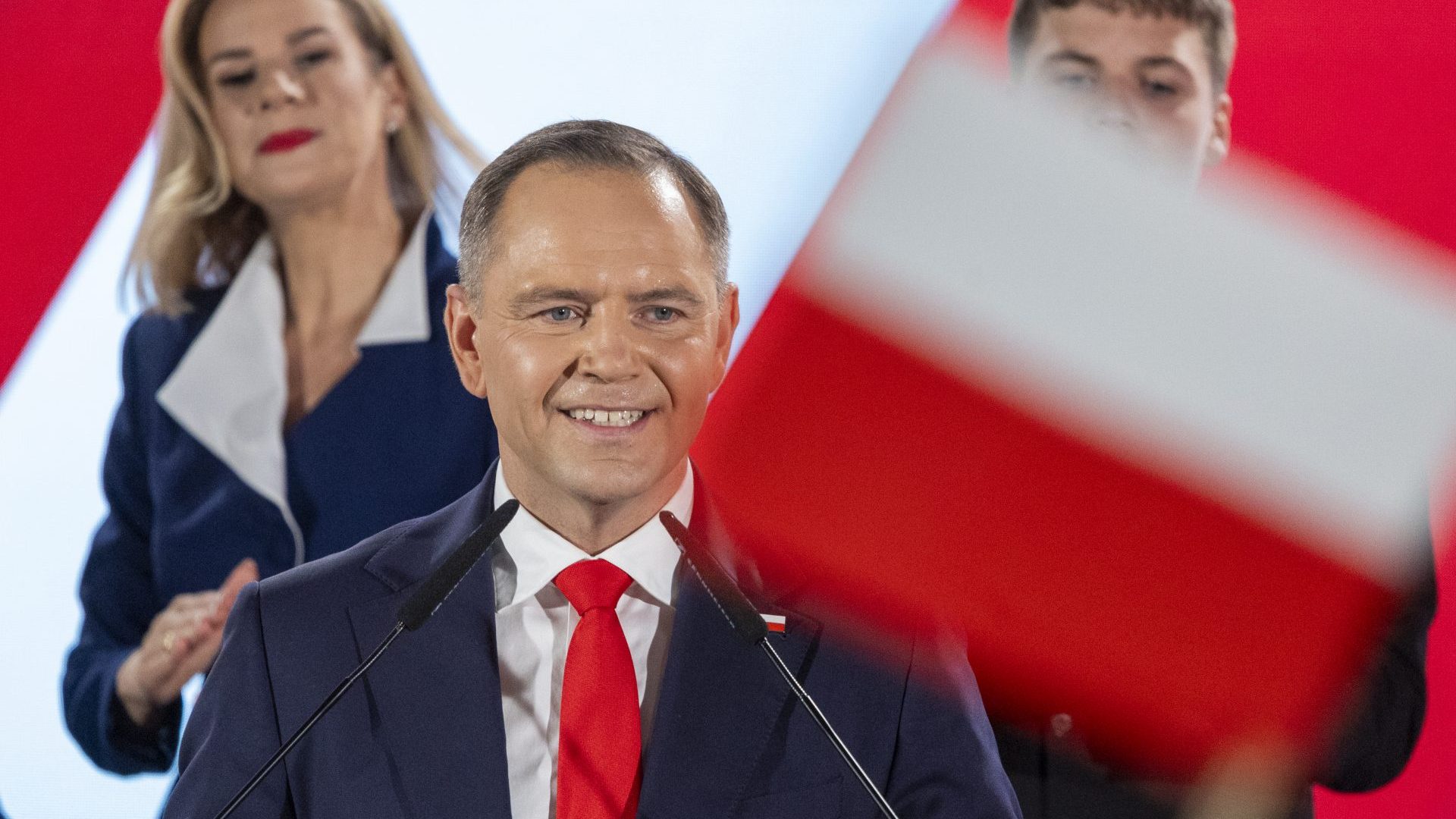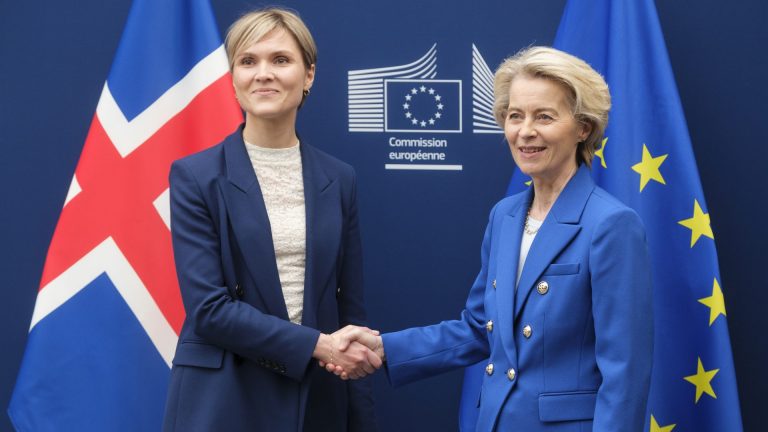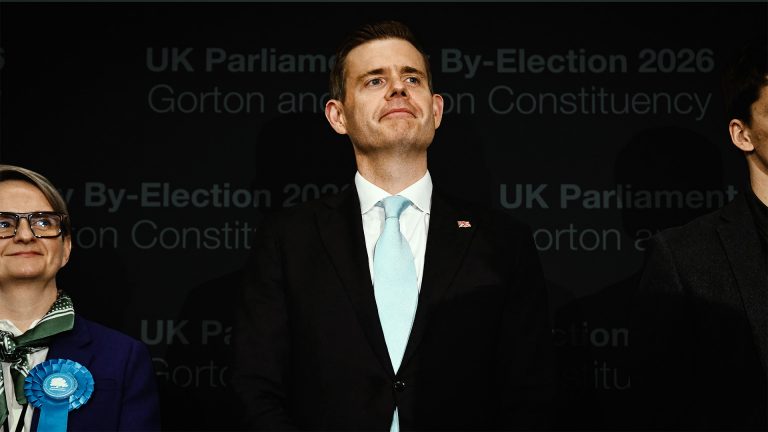One of the most popular memes in Poland has been an outline of the country, next to an outline of Japan, showing the economic data of both nations. Almost unbelievably, Poland is on course to surpass Japan in GDP per capita. Everything you see online needs to be checked – and this one turns out to be true.
According to IMF and World Bank projections, Poland is about to become the 20th largest economy in the world, surpassing Switzerland. Warsaw now has the highest GDP growth of any European capital. Even during the Great Financial Crisis of 2008, when most of the continent descended into recession, Poland was the only country in Europe flashing green on the economic map.
Poland’s communist regime collapsed in 1989, and ironically it was the universal publicly available education system left behind by the communists that produced a society hungry for western freedoms. The threat of Moscow’s imperialism always loomed large in the Polish consciousness, and Nato membership was one of the very few things that produced an all-partisan consensus in Polish politics. Poland now spends 4.7 per cent of its GDP on defence.
In 2023, European centrists and liberals ecstatically celebrated the results of the parliamentary ballot, as Donald Tusk, former head of the European Council, was returning to domestic politics as prime minister, becoming the first politician to have defeated a populist incumbent – the nationalist Law and Justice government. Leading European intellectuals wrote essays in praise of Poland’s apparent “return to Europe”, with Politico calling Tusk the “most influential person in Europe”.
Compliments came pouring even from conservative circles, as Tusk suspended the right to claim asylum and tightened his migration policy – even GB News, the conspiracy theory, rolling talkshow channel, praised him for that, as did some members of the extremist Swedish Democrats party.
The period since 1989 makes a strong case for being the most successful period in Poland’s thousand year history. Coupled with growing soft power, fostered also by the presence of Polish students abroad (9,000 in the UK alone) and successful new businesses, such as ElevenLabs, the world’s leading text-to-speech AI startup, it all adds up to a huge success story.
And now that “Golden Age” is coming to an end.
Suggested Reading

Karol Nawrocki, Poland’s MAGA president
First to break down, as it usually happens, is the political system. On June 1st, Poles elected Karol Nawrocki as president, a political nobody, almost completely unknown to the public. A conservative historian with a PhD, he officially ran as a “civic candidate”, though really he was a creature of Law and Justice, the populist-nationalist party plotting its return to power. Nawrocki proposed almost no policies, and his campaign focused almost exclusively on attacking Tusk’s government. His messaging consisted of urging a return to traditional catholic values and a war against everything progressive and liberal. He defeated Rafał Trzaskowski, the two-time mayor of Warsaw.
Trzaskowski is a textbook member of the metropolitan, western-educated globalized elite, a clear beneficiary of the “Golden Age” and was considered the ironclad frontrunner. The fact that he lost to a newcomer with a past that seems to have involved a taste for football hooliganism is a sign of how Poland’s political weather is shifting. This was a referendum on a very specific way of life.
A lot of Nawrocki’s voters live outside the urban centers and are socially conservative. They perceive the institutional west, including the EU, as a nuisance, that is forcing them to accept both migrants and green ideology.
Now in office, Nawrocki has veto power over any governmental bill, and Tusk does not have a majority large enough to repeal that veto, meaning that the country is heading towards paralysis. Economically, however, an even greater disaster looms. The Polish growth model was based on low labour costs, relatively cheap energy, a robust and young population and favorable geopolitical conditions, namely: peace in Europe, EU membership and close cooperation with the US. That picture is starting to fray.
MAGA officials are profoundly disinterested in any engagement in Europe, and tend to view the EU as an extension of the Democratic Party. By 2027, Poland will be paying more into the EU budget than it receives, potentially altering the positive image of its membership. Energy is expensive, and production through renewables does not solve the problem because the grid is outdated and there is no power storage.
Social mobility has slowed down, also due to the extremely high costs of housing and an undersupply of flats. Support for Ukraine, also through social programs for refugees, is declining in popularity, with a growing sense that Poland has done enough and needs to focus more on domestic issues.
And the economic boom, propelled by talented youngsters working in back office jobs for international corporations, will soon hit a wall. These clerical jobs are first in line to be replaced by artificial intelligence, or relocated to even cheaper and less regulated countries, like India or South Africa. With eight out of 10 office buildings outside Warsaw occupied by back office business operations, and hundreds of thousands of people employed there, the effect could be painful
Most importantly, however, Poland seems to have no vision. There is no new milestone on the horizon, and there has not been one since 2004. A civilisational mission of rejoining the west after 45 years of communism has been accomplished. Now what? To that question, Nawrocki offers no answer.
Mateusz Mazzini is a Warsaw-based writer-at-large for Gazeta Wyborcza daily and Polityka weekly











